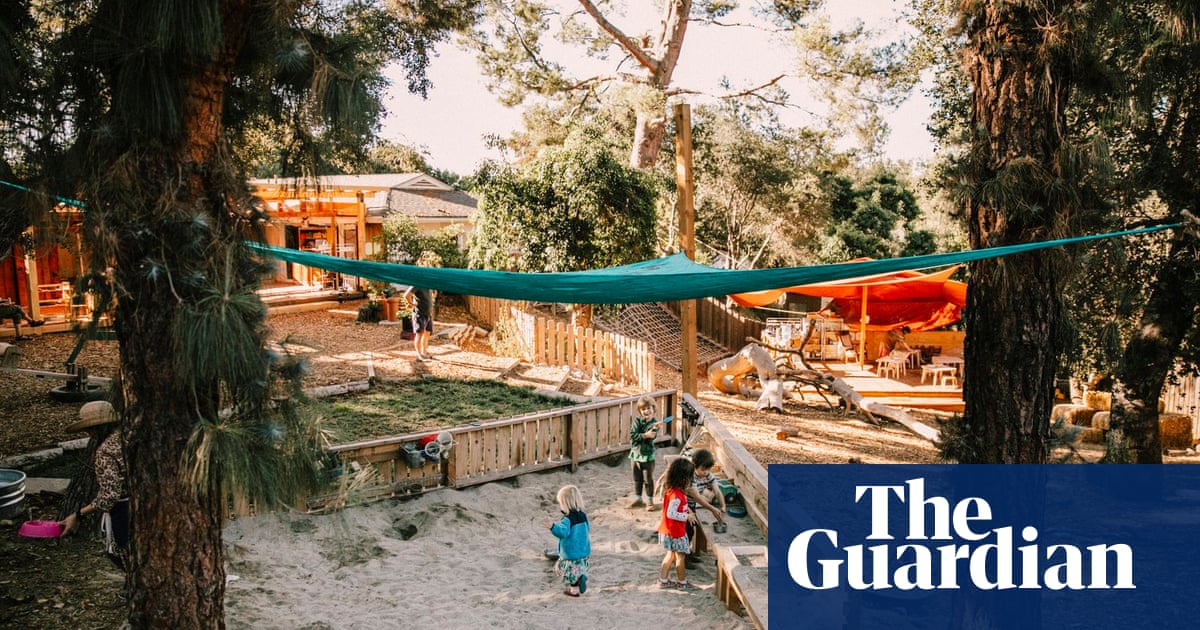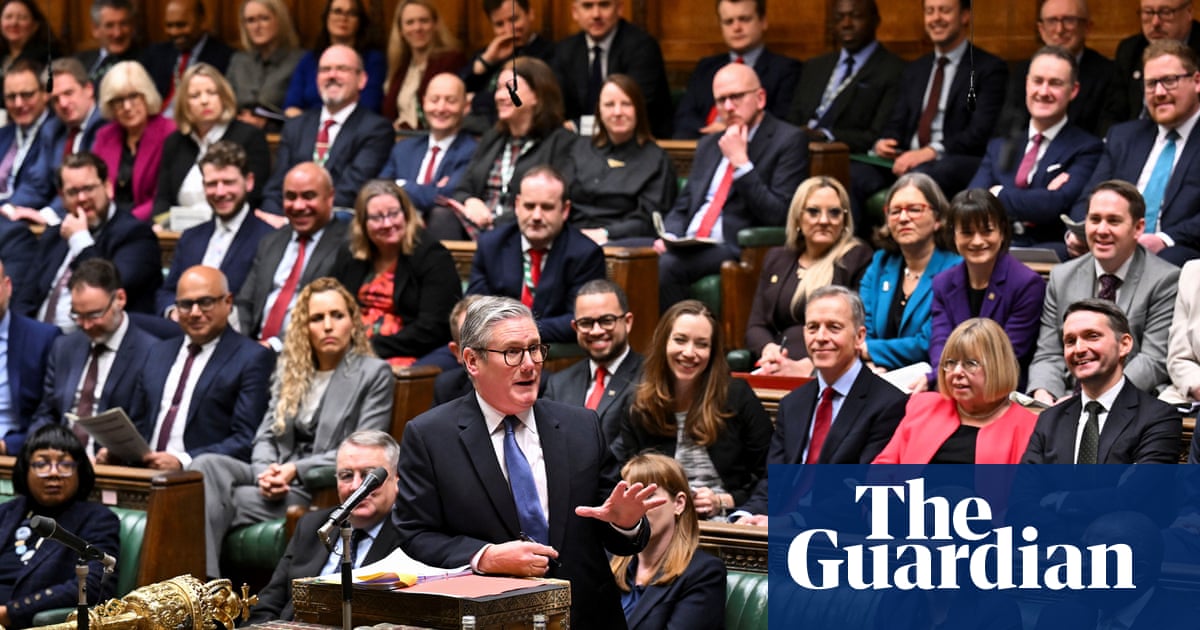People who stay in Wales overnight, including children, are set to be charged a visitor levy under a scheme that could raise up to £33m a year to be ploughed back into tourism and culture.
All visitors would be charged 75p a night to stay in campsites and hostels and £1.25 for all other accommodation including hotels, B&Bs and holiday lets.
A bill giving local authorities the option to introduce the levy is being introduced on Monday by the Welsh government’s finance secretary, Mark Drakeford, though it would not come into force until 2027 at the earliest.
If all Welsh local authorities choose to introduce a levy, it is estimated it could generate up to £33m a year. It is expected that areas popular with visitors such as Gwynedd in the north, Pembrokeshire in the south-west and Cardiff may be keen to bring in the levy.
A statutory registration scheme for all accommodation providers is expected to start operating in 2026 to support the collection and administration. Local authorities who take part will have to produce an annual report setting out how much money is raised and how it is used.
Many tourist businesses in Wales have criticised the idea, arguing it will be an added burden to them and could put visitors off. The Tories in Wales have said it will create more red tape and cost jobs.
But the Labour-run Welsh government argues it has kept the scheme simple and businesses have plenty of time to prepare.
Drakeford said he expected the money raised to be used for initiatives such as keeping beaches clean, maintaining visitor centres, toilets and paths.
He told the Guardian: “We have small towns in Wales where a population of a few thousand in the winter becomes tens of thousands in the summer. And that inevitably does put pressure on local facilities, which at the moment have to be paid for entirely by that much smaller number of people who live permanently in that locality.”
The idea is for businesses to pass on costs to visitors but they could choose to absorb it. Drakeford said: “I think people will think of it as a simple act of fairness, that you make a very small contribution to the costs that would have been incurred as a result of you visiting that area.”
Local authorities will be able to use the money to boost Cymraeg, the Welsh language. Drakeford said: “In some parts of Wales, the language is the reason that people visit. People visit not just for the physical fabric of the place, but for the cultural component as well. You come to Wales, you are coming to a different place. And the language and the culture is part of what makes it attractive. Keeping the character of the area as well as the physical fabric is part of what local authorities would be able to use the money they would have collected to do.”
Drakeford said he did not believe the levy would make Wales seem unwelcoming. “This is something that is happening around the world. So I think we’re just at a slightly leading edge of a policy that will become very common indeed in future. We’ve not rushed at it. We’re doing it carefully. We’re trying to take the industry with us, give people plenty of time to prepare for it, because that way we can make it a success.”
There will be exceptions. Homeless people staying in holiday accommodation that has been arranged for them by local authorities will be exempt and people with disabilities travelling with a carer will be eligible for refunds.
People staying in holiday accommodation after an emergency, for example a flood, will not have to pay, not will anyone staying more than 31 nights. The bill is called the visitor accommodation (register and levy) etc. (Wales) bill.
In other Welsh political developments, the government has updated plans for its sustainable farming scheme – its post-Brexit plan for funding the industry – after its earlier version triggered protest from farmers.
One of the changes is that farmers will no longer be asked to have a minimum of 10% tree cover on their land. Instead, there will be a scheme-wide target for a tree-planting and hedgerow-creation opportunity plan. The details are still to be worked out.
The deputy first minister, Huw Irranca-Davies, said: “It was clear changes were needed – we said we would listen – and we’ve done just that.” The final decision on the scheme will be made next summer.

.png) 1 month ago
19
1 month ago
19













































